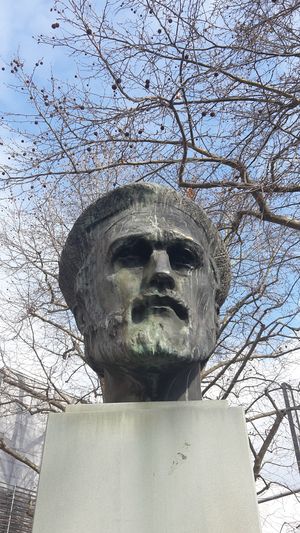Structure and goals

The Gutenberg Society is an international association for the study of the history and development of printing technology and written media. It began operations on June 23, 1901, the day the Gutenberg Museum was opened. Today, the company has around 800 members in over 30 countries around the world.
Gutenberg, the inventor of letterpress printing with movable type, is the father of mass communication. Born around 1400 in Mainz, he developed his pioneering technology in Strasbourg and Mainz and printed the voluminous 42-line Bible from around 1452 to 1454 in Mainz, which was named after him "Gutenberg Bible". From Mainz, the art of printing was spreading at lightning speed on the continent. After only 50 years, knowledge, information and entertainment were spread in 300 cities across Europe with the new technology. An explosion of education was triggered, and over six centuries printing became the motor and carrier of cultural and spiritual development. Today, the written communication of the Gutenberg Galaxy continues to expand on the World Wide Web.
The Gutenberg Society has set itself the task of promoting the study of printing and bookkeeping and to support the Gutenberg Museum ideologically and materially. In addition to the income from the membership fees, funds are available to the Gutenberg Society for the fulfillment of its tasks, which come from the cultural budgets of the city of Mainz, the state of Rhineland-Palatinate, and grants from companies or foundation assets.
The funding of the Gutenberg Museum is a main task of the Gutenberg Society. In the course of decades of association, the Society has provided considerable resources to the Museum, whether through annual donations of considerable sums for the acquisition of exhibits or for the purchase of research literature for the library or through the donation of a large sum for the installation of the new exhibition building or for a second copy of the museum's Gutenberg workshop with the reconstructed Gutenberg press. In 2004, the Gutenberg Society enabled the museum to purchase a Luther "catechism" of 1533.
Members of the Gutenberg Society have free admission to the Gutenberg Museum and receive the annual Gutenberg Yearbook free of charge as well as invitations to the colloquia and lecture events of the Society.